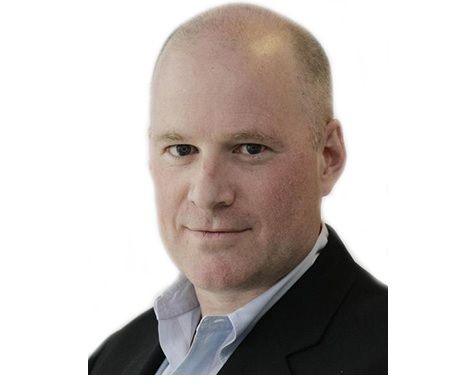Active fund managers’ skill in timing bear markets may be enough to balance their costs and other shortcomings.
That’s the upshot of a new paper, but before you get too excited, the implication may simply be for investors to be more or less indifferent to the active vs. passive debate.
Unless, of course, you think you can predict bear markets, in which case you are likely already an active investor, as well as being a seer.
Numerous studies have indicated that active managers produce worse returns than passive benchmarks. A new study from J. Spencer Martin of the University of Melbourne and George J. Wang of Manchester University computes an option-based valuation of active managers’ timing skill during bear markets added to security selection value. This adds to evidence from earlier studies that active managers outperform, or produce alpha, during market downturns.
“Our findings imply that professional managers, as a group, are covering their costs rather than destroying value,” the authors write in the study, updated in October.
“We find the option-adjusted alpha is statistically indistinguishable from zero. This finding suggests that the benefit of the service provided by fund managers may actually fall in line with its cost.”
That description of active fund management’s offering: “alpha is statistically indistinguishable from zero” will not make it into large type in many funds’ marketing materials, but the implications, if true, are substantial.
What’s more, the data indicates that the zero alpha offering holds good not just for active fund management in aggregate but at the portfolio level.
Looking at fund performance from 1986 through 2010, the study finds that active managers do better than previously thought, in part because the value of market timing skill is higher during bear markets, when volatility, as measured by the VIX index is higher.
By better reflecting the option value of market timing around bear markets, the study purports to show that active managers’ virtues “can be large enough to compensate for other drawbacks”.
Who benefits?
Clearly the debate around active fund management performance will continue, with many on the active side arguing that manager selection can provide alpha, a view not backed up by this study, at least.
The conclusion, that active management can more or less pay its own way, isn’t earth-shattering. It does accord with the economic theory that mutual fund managers, like actors in any other economic sphere, will do work, in this case collecting and analyzing market information, only up to the point where the marginal benefit meets the marginal cost.
That view may well be correct, though there are plenty of examples of economically irrational activity.
Some of the implications of the study, if confirmed by further research, could be profound.
“As such, unconditional negative alphas relative to passive benchmarks do not necessarily imply that fund investors have suffered significant welfare losses, or that investors do not want to invest in those funds, or that index funds should be overwhelmingly preferred,” the authors write.
That first idea, that fund investors suffer a loss through active management, is both common and underlies plans to address failings in the pension savings system in the US.
A rule now proposed by the US Department of Labor will if enacted force financial advisors selling retirement products and advice to act as fiduciaries, meaning that they would be obliged to put clients’ interests above their own.
Equity analysts at Morningstar last week said that that fiduciary standard may send US$1trn of additional assets to passive investment products.
That’s partly because smaller accounts will be uneconomic for full-service advisors who tend to place clients in active products with larger fees. That certainly was the experience in the UK, where the passing of similar rules led to a fall in the number of advisors and a rise in passive investment, as well as of low-cost fund-allocation platforms.
Remove the idea that passive is better and you remove some of the justification for those changes.
This all begs the question of why an advisor might argue for active fund management if it was only going to produce “alpha statistically indistinguishable from zero”. At least it keeps fund managers, who might otherwise get on their spouses’ nerves, busy.
Being good during bear markets may not turn out to be enough.
(James Saft is a Reuters columnist. The opinions expressed are his own. At the time of publication he did not own any direct investments in securities mentioned in this article. He may be an owner indirectly as an investor in a fund. You can email him at jamessaft@jamessaft.com)
